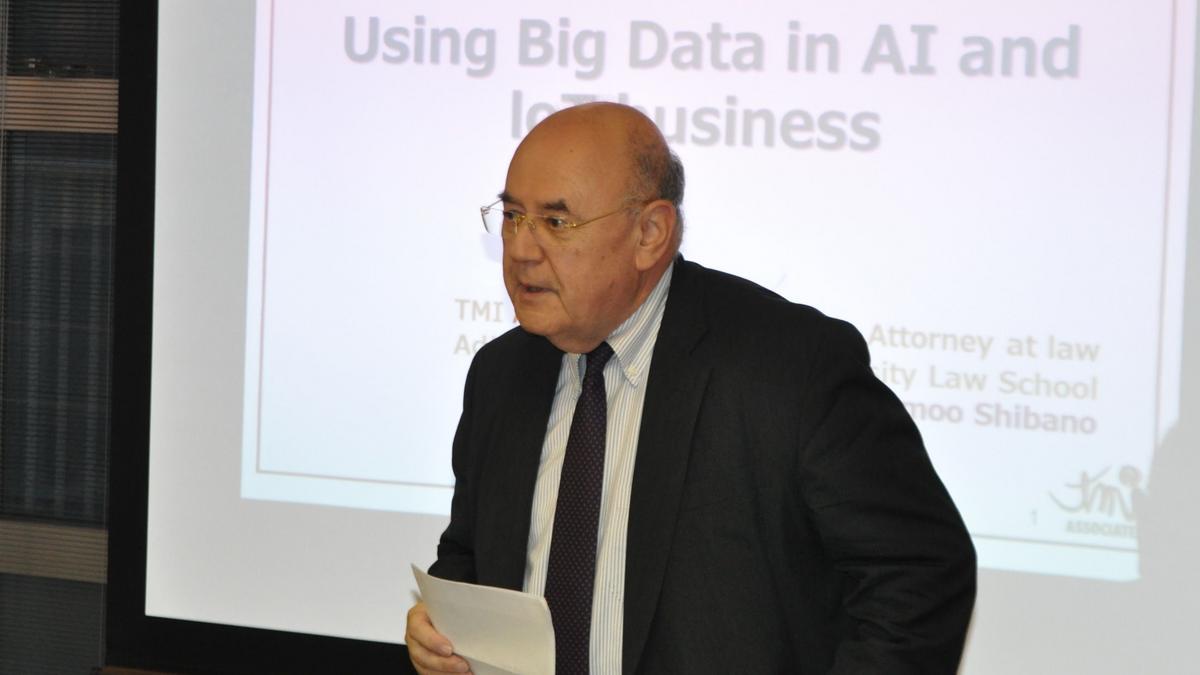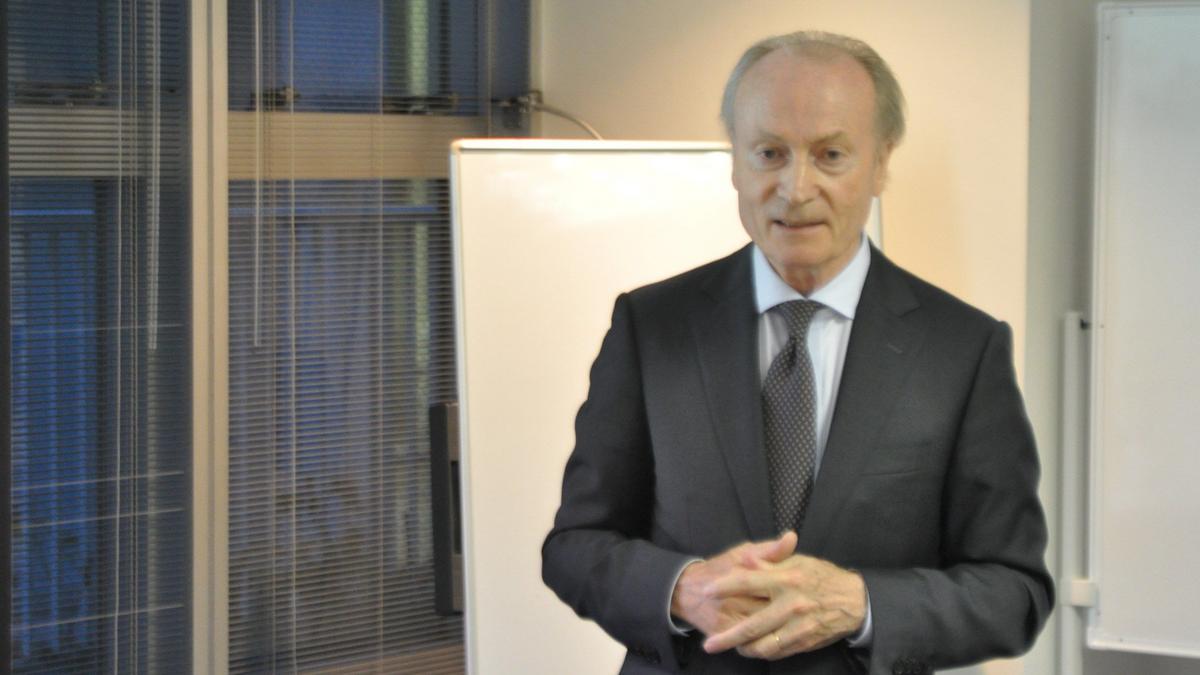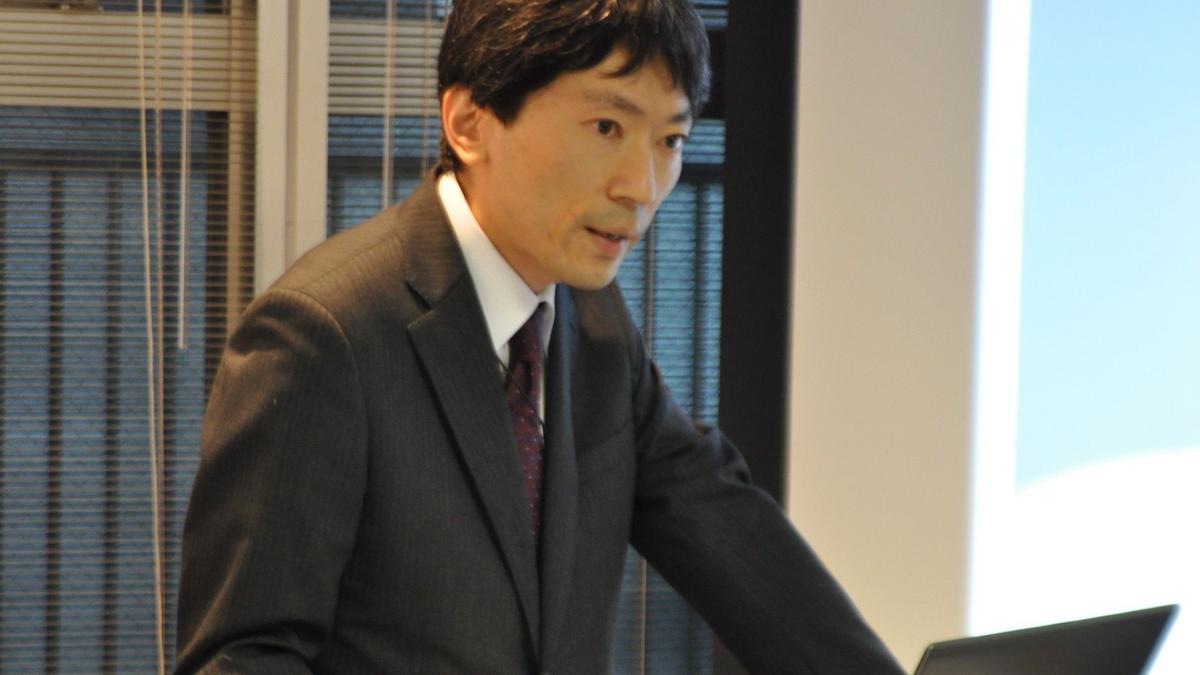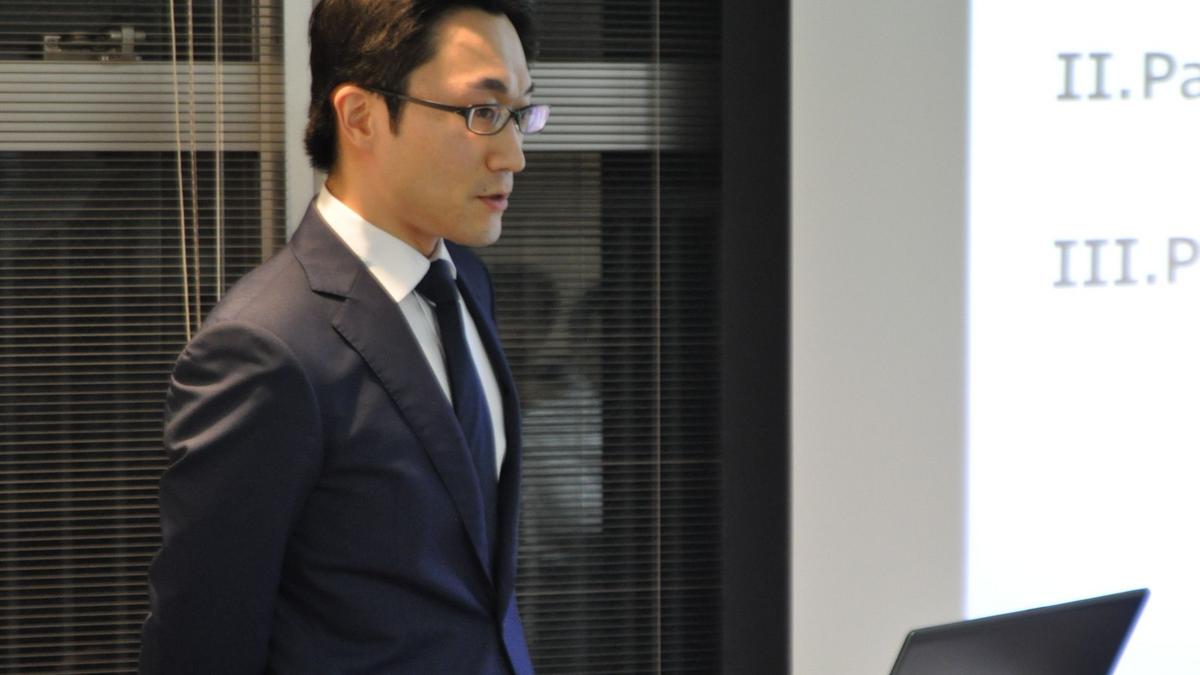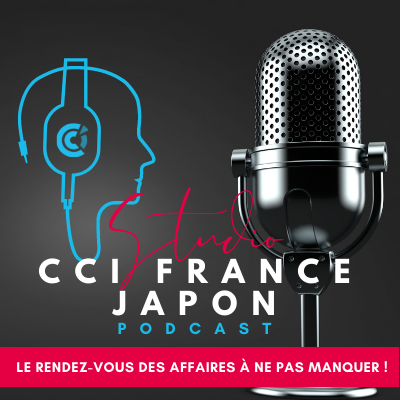Bilans d’évènement • Comités
Learn how the accelerating spread of AI is affecting your private and corporate lives
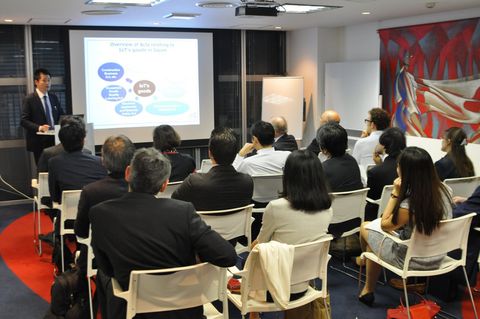
Chaired by Philippe Dalpayrat, the French Chamber’s Tax and Regulations Committee welcomed attorneys of TMI Associates Tomoo Shibano (partner), Shinsuke Masuda, and Susumu Okazawa to the French Chamber on June 20, 2017, for a conference on AI’s legal implications and impact on businesses in Japan.
In Japan, all information falls under four categories: personal information (personal information protection law), privacy information (civil law), trade secrets (unfair competition prevention law), and created content (copyright law).
According to Tomoo Shibano, issues that rise with the technological advances of AI are mainly related to the protection of personal data (to what extent big data can be used without the authorization of the holder?), clarification of the responsibility among different stakeholders and identification of the legal rights behind the collection of information.
From a legal perspective, notable points to take into account in AI or IoT businesses are the allotment of responsibility, the kind of information handled, who obtains the information and who it is shared with, the AI’s purpose, cyber-security, and last but not least, current and future intellectual property rights.
Shinsuke Masuda explained that AI relies on data obtained through IoT networks and therefore “information security is key”. Information security relies on confidentiality (preventing leakage), integrity (maintaining accuracy), as well as availability (preventing suspension). Today, 10 billion devices are connected to the Internet and the number is estimated to reach 50 billion in 2020. When considering this, one could think people have an insufficient sense of danger. As the number of targets that can be hacked rise, overall vulnerability will increase: “if all of your appliances are connected, how can you pay attention to all of them individually?”
Foreseen dangers include possible infringement of privacy, divulgence of trade secrets, as well as harm to human life (self-driving car accidents, health hazards, etc.). Shinsuke Masuda cited an example in 2015 where 1.4 million cars were recalled because they could be remotely controlled if hacked. According to him, an agreement between user and system administrator is vital for the reason that if damage were to be caused by a hacked system, “would the system administrator be responsible or would it be the user?”
AI-related technology follows four steps: from collecting and storing data, managing the database (by removing useless noise) through machine learning, to utilizing trained models to get insights. Patent attorney Susumu Okazawa revealed that sensors that collect data, databases, and trained models are patentable. In particular, even though trained models are intangible, a class of models which is specifically implemented by using hardware resources is patentable.
Susumu Okazawa showed an example of utilizing the trained model, and raised a very interesting question concerning the possibility of patenting the actual use of AI: “using AI without owned technology could be patentable”.
While the field for patent opportunities grows with the technological advances of AI, so are its legal implications. Shinsuke Masuda expressed “the legal practice of risk management in case of accident has not been clearly established in this area”, foreshadowing a future with a myriad of unprecedented situations.
